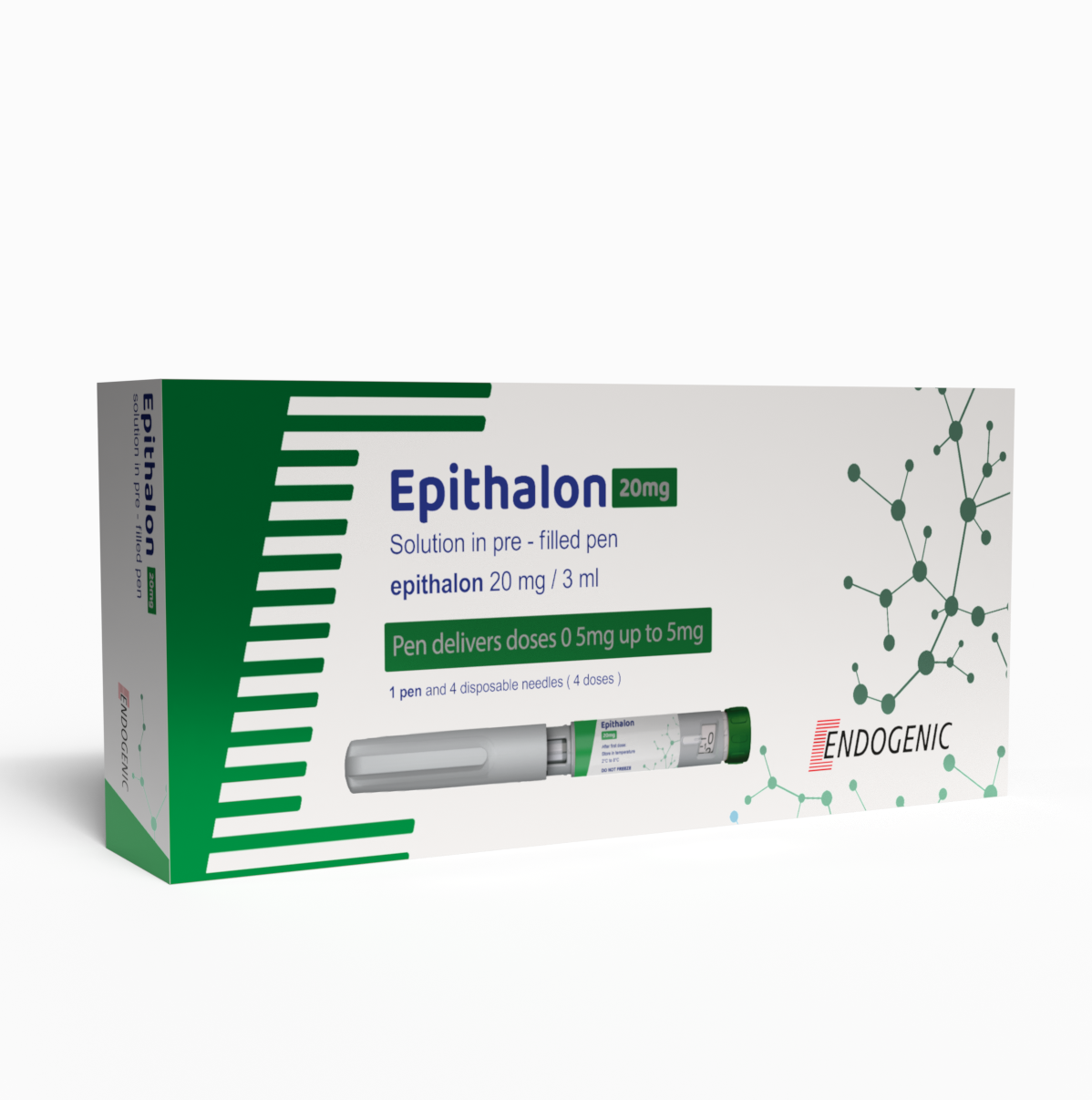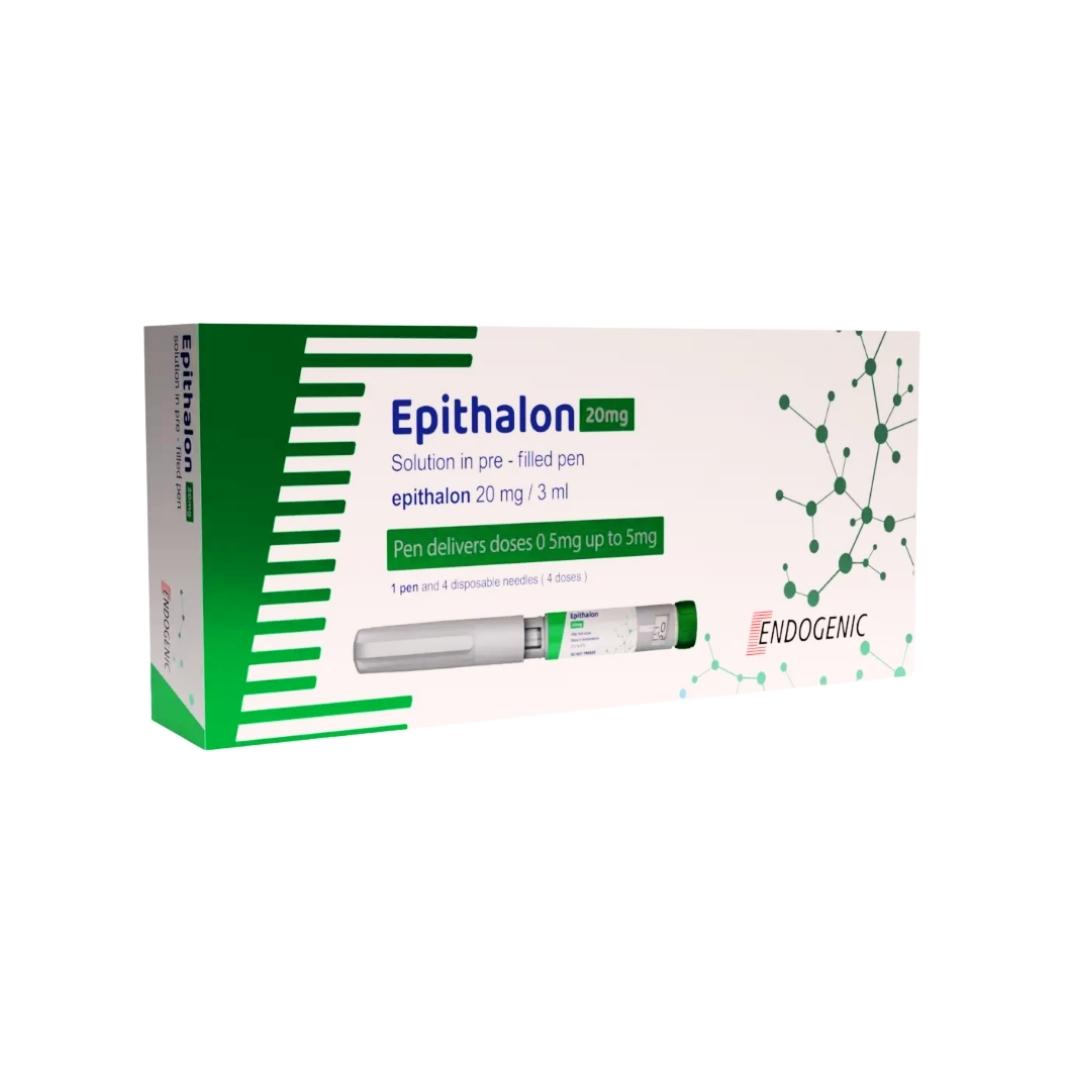Epithalon 20mg PEN – in applicator, ready to use
Epithalon 20mg PEN, a synthetic tetrapeptide, is one such tool that has been generating interest in the scientific community for years. Its unique structure and potential molecular-level interactions make it a valuable reagent in studies on the mechanisms of cellular aging (senescence) and cell cycle regulation in in vitro models.
Our product, Epithalon in a pen, is supplied as a high-purity reference substance (analytical standard), intended exclusively for advanced laboratory research. Understanding the need for precision and repeatability of results, we offer this reagent in an innovative “PEN” type applicator, which allows for precise and sterile dosing of the peptide solution directly into cell culture media or buffer solutions, eliminating the risk of contamination and human error during pipetting.
Check also N-Acetyl Epitalon.





Reviews
There are no reviews yet.